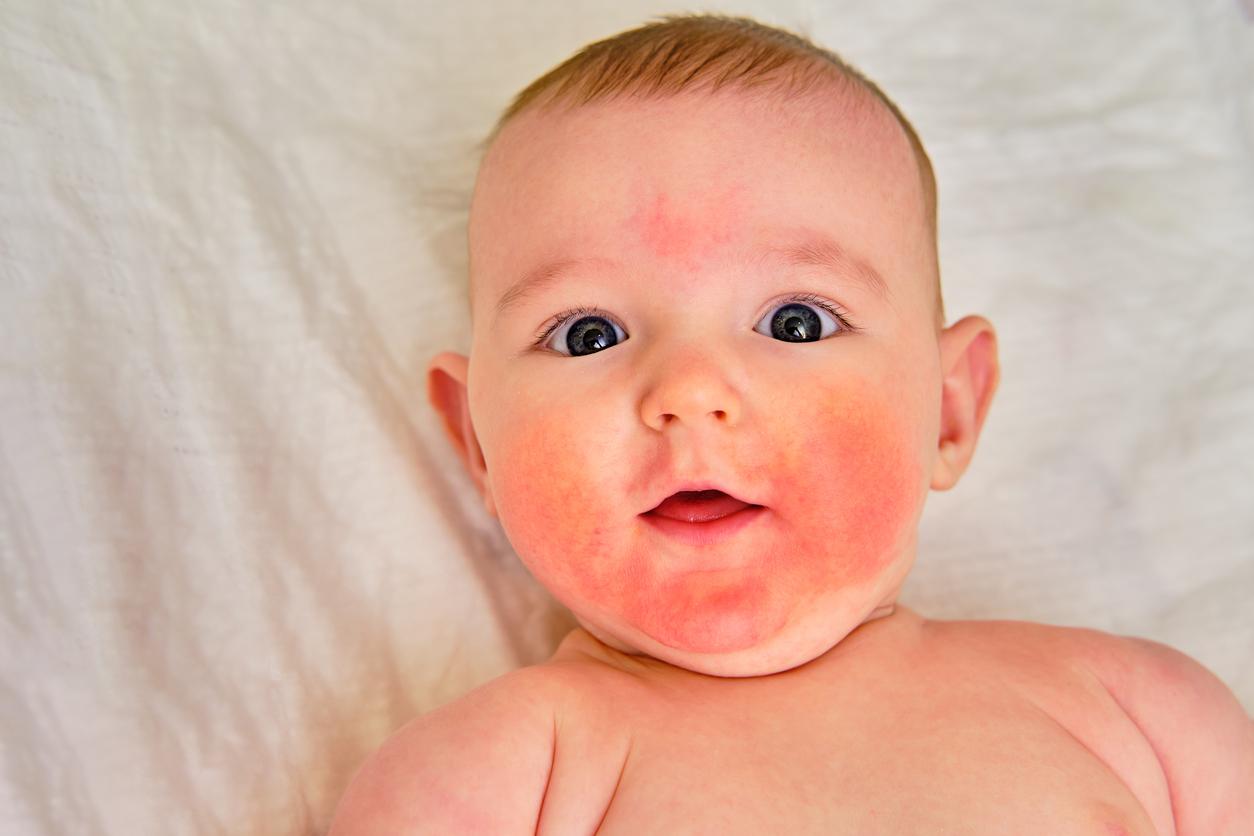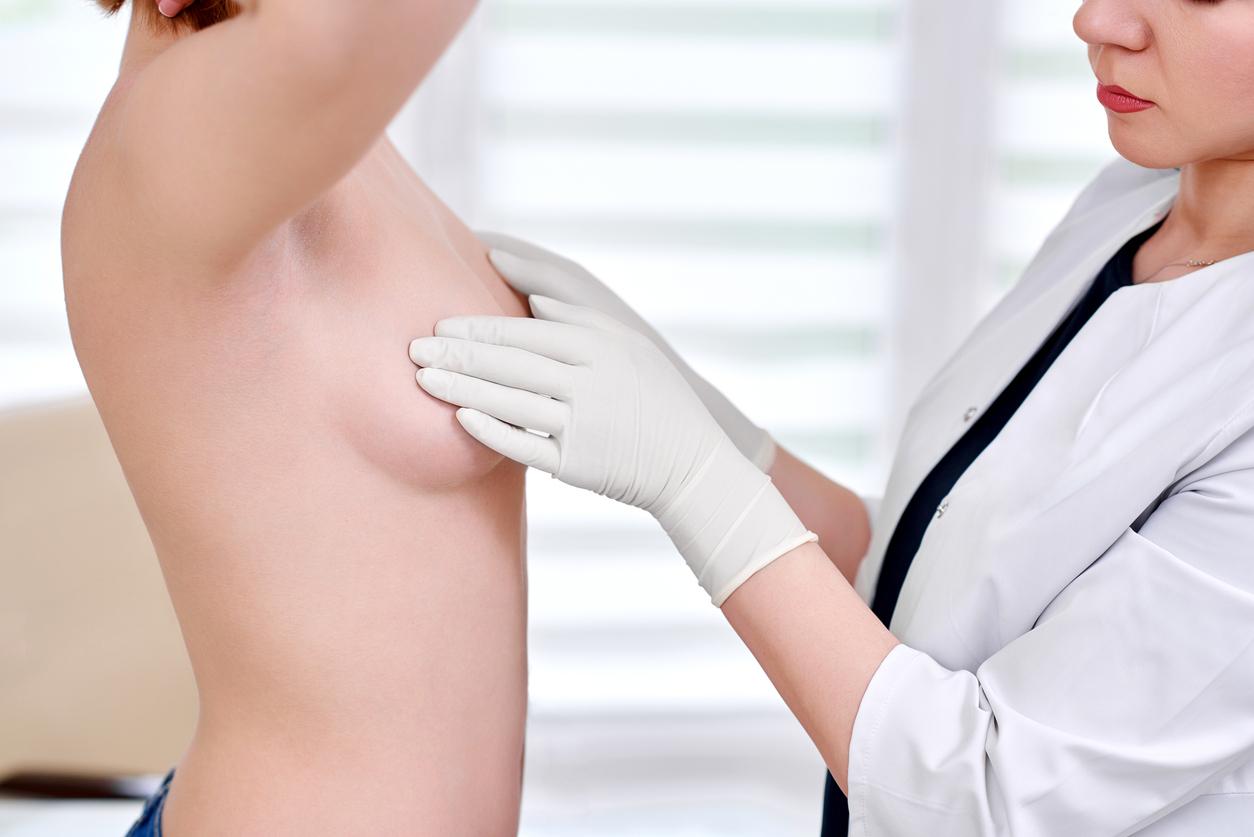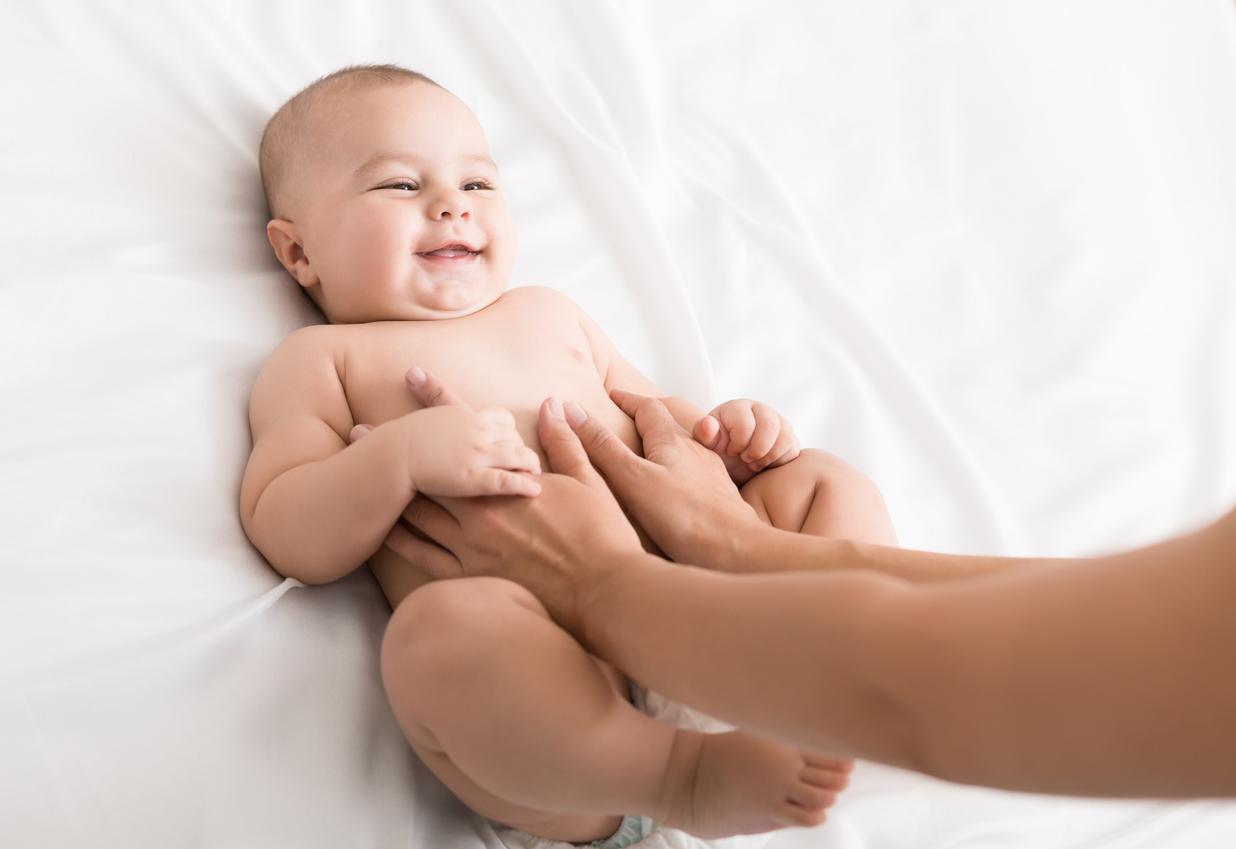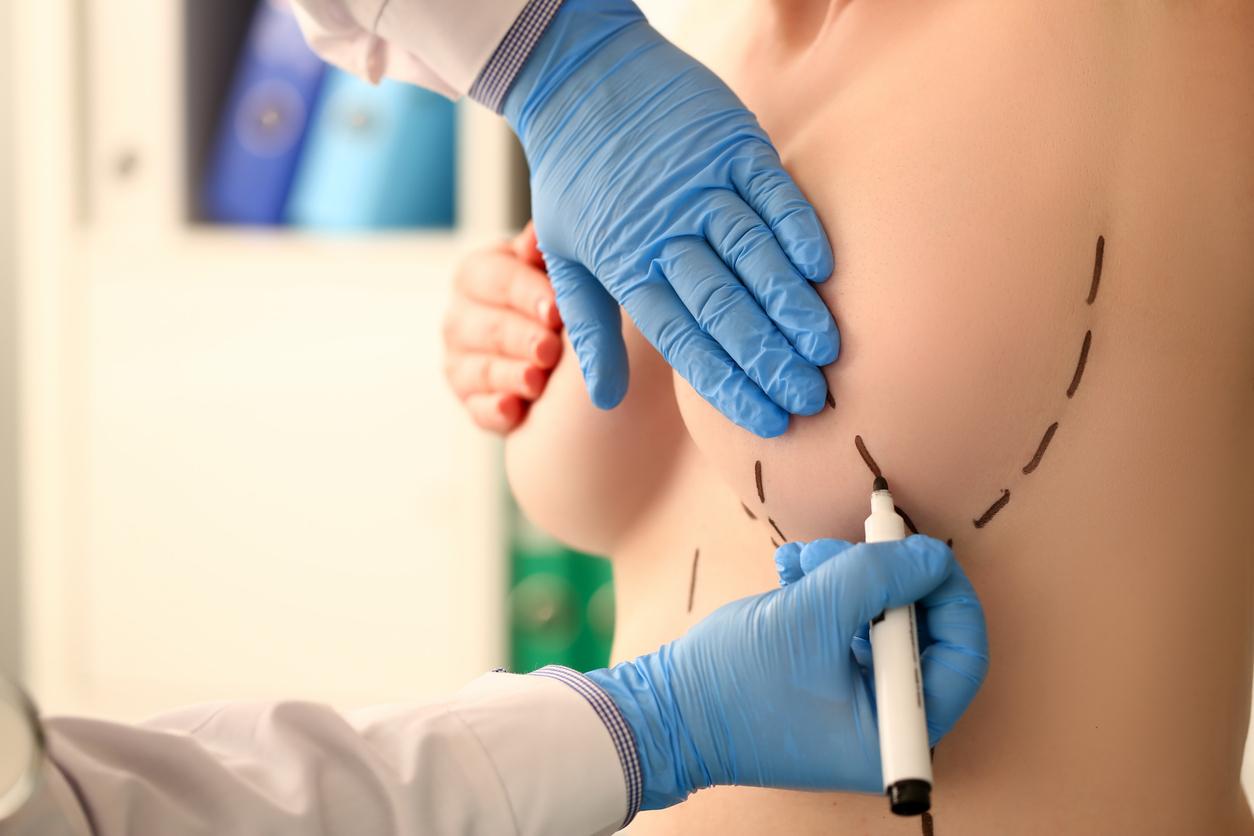Delaying a newborn’s first bath improves later breastfeeding success.
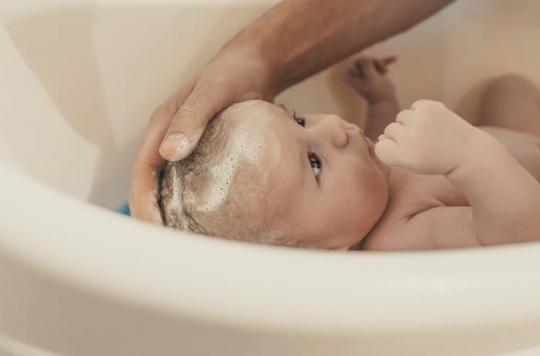
For decades, newborn babies have been given their first bath a few hours after they are born. However, a new study found that waiting 12 hours or more increases the rate of breastfeeding during the hospital stay.
“Amniotic fluid smells like breast”
It was the mothers who first observed this phenomenon. “They were reading on parenting blogs that it was better to wait before giving their baby the first bath because amniotic fluid has a breast-like smell, which may make it easier for the infant to latch on,” says study director Heather DiCioccio, a nursing professional development specialist at Cleveland Clinic Hillcrest Hospital.
Nearly 1,000 healthy mother-child pairs took part in the trial, including 448 babies bathed soon after birth (January-February 2016) and 548 who delayed their first bath (July-August 2016). The results showed that breastfeeding rates increased from 59.8% for quick bathing to 68.2% for delayed bathing.
Delay the first bath for at least 12 hours
Babies bathed later were also more likely to have stable body temperatures after the first enema. “They weren’t as cold as babies who took their first bath sooner after birth,” says Heather DiCioccio. “It is now our policy to delay the first bath for at least 12 hours, unless the mother refuses to wait. In this case, we ask for two hours,” she continues.
Several factors may explain the increased breastfeeding rate, including skin-to-skin time between mother and baby, the similarity of smell between amniotic fluid and the breast, and the baby’s body temperature.
Exclusive breastfeeding for about 6 months
The American Academy of Pediatrics recommends exclusive breastfeeding for about 6 months, then continued breastfeeding while introducing foods until the child is 12 months old. “Exclusive breastfeeding allows optimal development of the infant up to 6 months”, specifies the HAS. “Exclusive breastfeeding protects the newborn from gastrointestinal infections and, to a lesser extent, from ENT and respiratory infections. The protective effect of breastfeeding depends on its duration and its exclusivity” adds the authority health.
.










